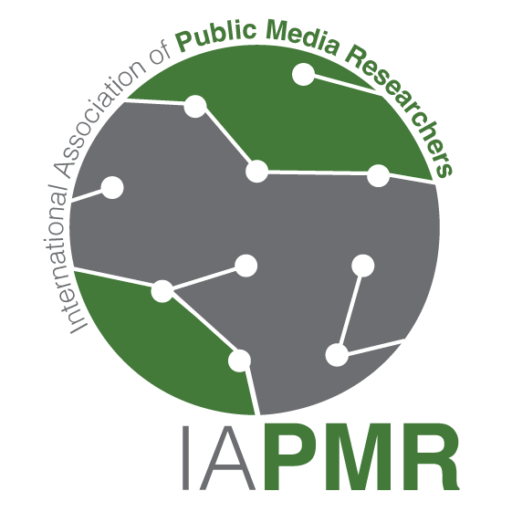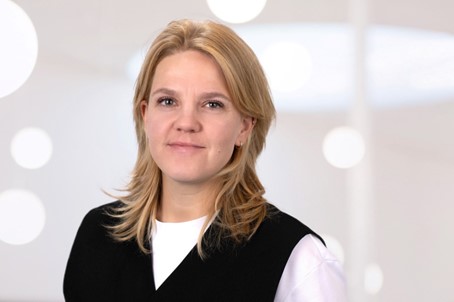Emily Gravesteijn is a PhD candidate at Radboud University Nijmegen and the Universiteit van Amsterdam, the Netherlands. She holds a Master’s degree in Political Science from the Vrije Universiteit van Amsterdam. Her doctoral research lies at the intersection of political science, political communication and public service media, investigating the factors that lead citizens to perceive PSM news as biased. First results of her PhD project have just been published by Journalism & Mass Communication Quarterly.
Can you tell us about your PhD project?
My dissertation focuses on the question of why some citizens perceive bias in public service media. I mainly look at individual perceptions and do not address the question of whether news is biased or not. Specifically, I focus more on the extent to which social identification drives citizens in how they process news from public media. Through a theoretical lens of affective polarization, I aim to understand how deepening social divides may heighten perceptions of bias, even in neutral settings like public service media. Although social identification and hostile media perceptions have been extensively researched in concurrence across different contexts, the majority of the literature focuses on settings where outlets clearly have a political affiliation. The hostile media effect, which refers to the tendency for individuals to perceive neutral content as biased against their own views, has been underexplored in the context of public service media – outlets that are ideally neutral, impartial, and pluralistic – bringing an innovative dimension to this field of study.
What motivated your research?
The starting point of my research was to explore the discourse surrounding bias in public service media. Although there was increasing academic attention towards the increased politicization of public service media, not much was known about the nature of the bias that actors accused public service media of. The analysis showed that bias accusations stem from both politically left- and right-wing actors, reflecting perceived intentionality in the eye of the accuser. Furthermore, accusations refer not only to biases against one’s immediate in-group but also to various ideologically aligned groups. This first study yielded rich insights into the deeply political nature of these accusations, underscoring how much of this discourse is centered on group identity and social alignment. Observing the centrality of in-group and out-group dynamics, I am further exploring how perceptions of bias in public service media are largely defined by such identifications, where group affiliations and social identity deeply shape how citizens interpret media neutrality. In the context of rising affective polarization, I am interested in how bias accusations reflect a broader context of heightened group identity and partisanship, where citizens may view public service media as siding with opposing groups.
How can your research contribute to the study of Public Service Media?
My research brings a novel perspective to the study of perceived bias in public service media by examining how bias perceptions are shaped not by the actual content of media outlets, but by the viewers’ own social identities and group affiliations. By focusing on the hostile media effect in an environment ideally designed to be neutral, I aim to show how even ostensibly impartial media can be perceived as biased, depending largely on citizens’ identification with particular social or political groups. My approach highlights how affective polarization and the increasing politicization of media shape the ways audiences engage with PSM. Ultimately, my work contributes to a deeper understanding of how PSM’s role as a democratic institution can be complicated by identity-driven perceptions of bias.
What are the main challenges you are facing in your research? Is any of them related to being a young scholar?
Besides the fact that my dissertation addresses a challenging question, being a young academic naturally brings challenges. In addition to having many new things to deal with, you are also navigating between a heavy workload and the occasional need to turn off your brain. Nevertheless, I really enjoy the work, mainly because of the substantively challenging aspect, but also because of the fantastic colleagues I work with. As a young academic you also have a lot of freedom and you get many opportunities to take advantage of.
Is there any (emerging or senior) scholar that has particularly impacted your work in any way? Who and why?
Since my research focus lies within both political communication and political science, I have the advantage of being influenced by many versatile scientists. For example, I find Stephen Cushion and Annika Sehl inspiring when it comes to the democratic function of public media and putting the politicization of public media on the agenda. Within political science, I find Eelco Harteveld’s approach to affective polarization illuminating and very relevant in the Dutch context.

